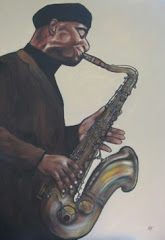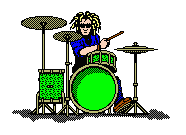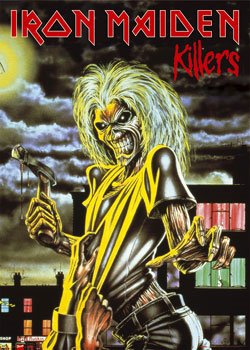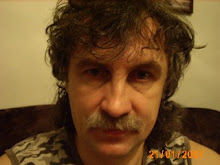
Le Orme
("The Footprints") is an Italian psychedelic and progressive rock band formed in 1966 in Marghera (Venice).
Their first record was for the tiny Car Juke Box label, in 1968.
They earned two gold albums, a discography critic award, an England Tour. Le Orme's most famous work, the concept album Felona e Sorona, was issued in English in collaboration with Peter Hammill of Van der Graaf Generator.
Le Orme's last three works (Il fiume, Elementi and L'infinito) show a return to a classic progressive sound, and form somewhat of a trilogy pivoting on the "becoming" of the human being.
The 1966 founders of the band were Aldo Tagliapietra (voice, guitars), Nino Smeraldi (guitars), Claudio Galietti (guitar, bass) and Marino Rebeschini (drums). After the single "Fiori e colori" (1967), Rebeschini left and was replaced by Michi dei Rossi. In 1968 they issued a second single, "Senti l'estate che torna". At the same time a new musician, Toni Pagliuca, joined the group. This line-up was responsible of the first LP, Ad gloriam (1968), a pop-psychedelic work that scored little success.
The following year, Gallietti left also, and Le Orme found what was to be considered their "classic" line-up, which issued their most renowned progressive LPs of the 1970s (Uomo di pezza, Felona e Sorona and Contrappunti).
The last two works saw the collaboration of producer and piano player Gian Piero Reverberi.
The group split up in the early 1980s, but reformed in 1986. In 1992 Pagliuca left the band, and was replaced by Michele Bon.
 Discography
Discography
Ad Gloriam (1968)
L'aurora (1970)
Collage (1971)
Uomo di pezza (1972)
Felona e Sorona (1973)
Contrappunti (1974)
In concerto (1974)
Smogmagica (1975)
Verità nascoste (1976)
Storia o leggenda (1977)
Florian (1979)
Piccola rapsodia dell'ape (1980)
Venerdì (1982)
Orme (1990)
Biancaneve (1995)
Amico Di Ieri (1997)
Il fiume (1999)
Elementi (2001)
L'infinito (2004)
("The Footprints") is an Italian psychedelic and progressive rock band formed in 1966 in Marghera (Venice).
Their first record was for the tiny Car Juke Box label, in 1968.
They earned two gold albums, a discography critic award, an England Tour. Le Orme's most famous work, the concept album Felona e Sorona, was issued in English in collaboration with Peter Hammill of Van der Graaf Generator.
Le Orme's last three works (Il fiume, Elementi and L'infinito) show a return to a classic progressive sound, and form somewhat of a trilogy pivoting on the "becoming" of the human being.
The 1966 founders of the band were Aldo Tagliapietra (voice, guitars), Nino Smeraldi (guitars), Claudio Galietti (guitar, bass) and Marino Rebeschini (drums). After the single "Fiori e colori" (1967), Rebeschini left and was replaced by Michi dei Rossi. In 1968 they issued a second single, "Senti l'estate che torna". At the same time a new musician, Toni Pagliuca, joined the group. This line-up was responsible of the first LP, Ad gloriam (1968), a pop-psychedelic work that scored little success.
The following year, Gallietti left also, and Le Orme found what was to be considered their "classic" line-up, which issued their most renowned progressive LPs of the 1970s (Uomo di pezza, Felona e Sorona and Contrappunti).
The last two works saw the collaboration of producer and piano player Gian Piero Reverberi.
The group split up in the early 1980s, but reformed in 1986. In 1992 Pagliuca left the band, and was replaced by Michele Bon.
 Discography
DiscographyAd Gloriam (1968)
L'aurora (1970)
Collage (1971)
Uomo di pezza (1972)
Felona e Sorona (1973)
Contrappunti (1974)
In concerto (1974)
Smogmagica (1975)
Verità nascoste (1976)
Storia o leggenda (1977)
Florian (1979)
Piccola rapsodia dell'ape (1980)
Venerdì (1982)
Orme (1990)
Biancaneve (1995)
Amico Di Ieri (1997)
Il fiume (1999)
Elementi (2001)
L'infinito (2004)
Members:
Aldo Tagliapietra, Michi Dei Rossi, Toni Pagliuca, Tolo Marton, Germano Serafin




































































































Žádné komentáře:
Okomentovat